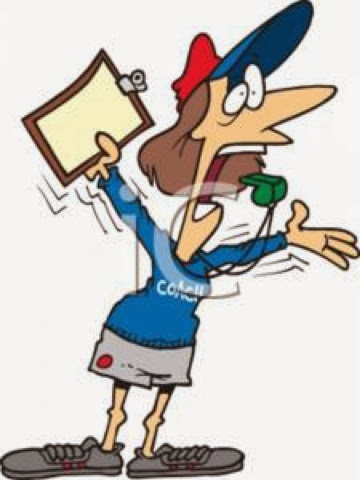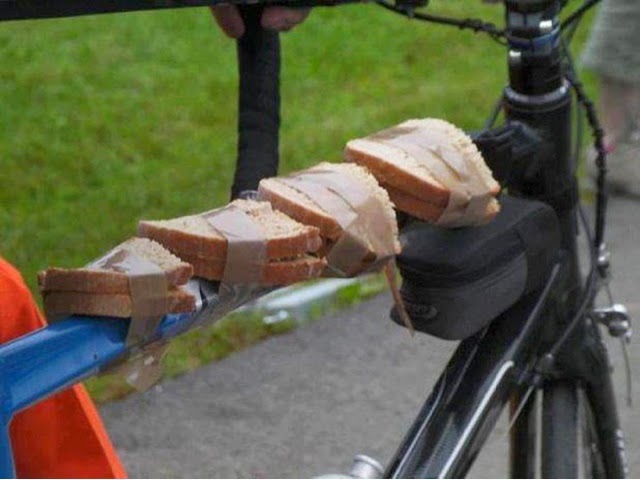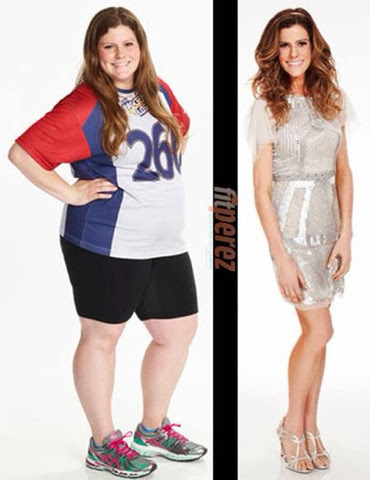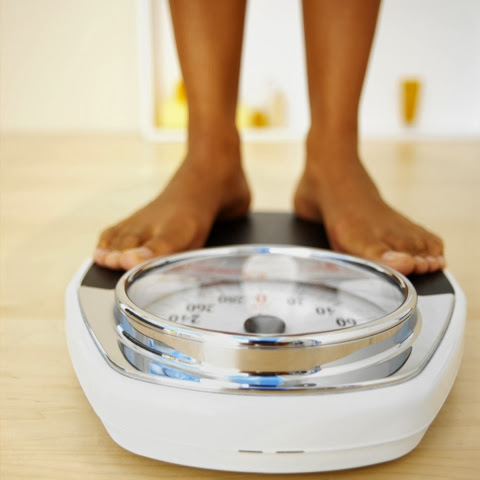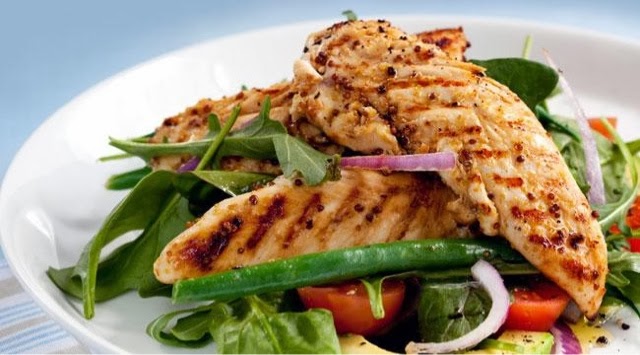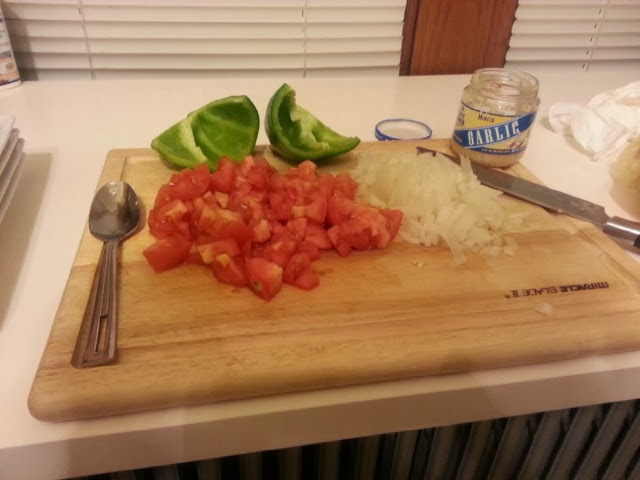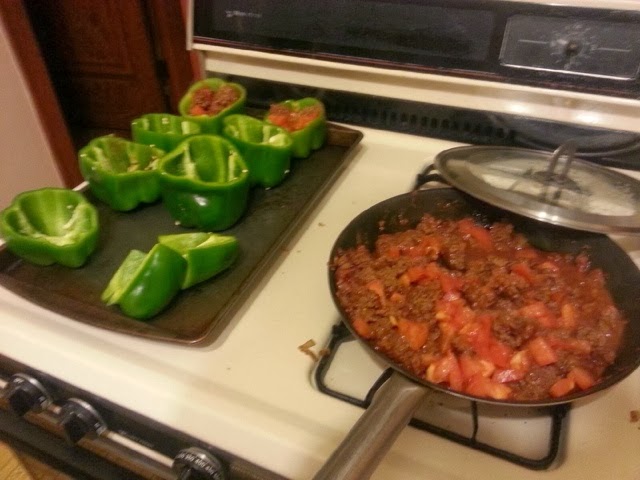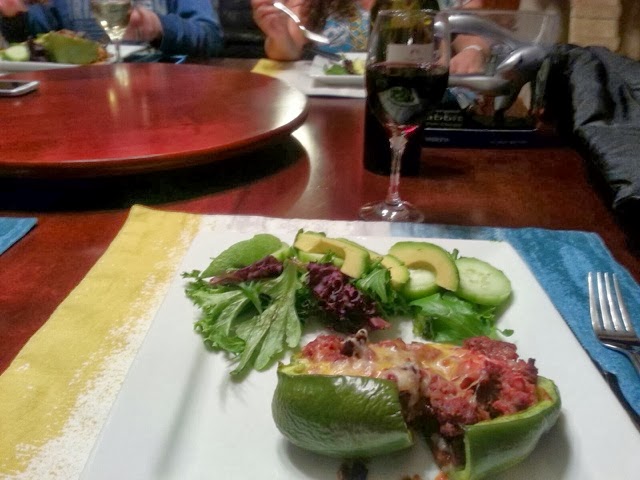There’s been a lot of controversy lately about Rachel Fredrickson’s 105lbs weight loss on tv’s The Biggest Loser. People can’t stop talking about it. The general consensus seems to be that she is “too skinny”, and there’s lots of speculation as far as the health of her weight loss.
As endurance athletes, some of us are familiar with criticism of our weight. So I felt this was an important topic to address.
Last season, before my destination race, and training camp in California, I got down to 165lbs. That was roughly 50lbs from my peak weight, and I’m a 6 foot tall man. It was around 175lbs where I started getting some criticism. My mom, especially, was concerned for my health and I even had a friend ask me if I had cancer. There’s a popular saying in the world of triathlon about weight.
“Lose weight till people start telling you you’re too skinny, then lose 10 more LBS.”
I don’t know where that originated, but I’ve heard this a number of times from triathletes, and on numerous message boards on the topic. It seems to be a pretty good generalized measure, and a reference to the inflated view of acceptable weight in our society.
Let’s get back to Rachel Fredrickson though for a minute. I want to break this down for readers. What did people see when she stood there, weighed in, and we had a comparison photo of her previous self.
What the media and general public saw:
1. She’s Too skinny.
2. She must of developed some kind of eating disorder.
3. That can’t be healthy.
4. She must be obsessed!
Here’s what I see:
1. She had a huge smile! Her new body must have been an incredibly happy moment.
2. What HUGE accomplishment! It must have been a lot of work to get there.
3. All that hard work! She must be so fit and healthy now.
4. Holy cow, the haters are going to be so jealous!
I’m not Rachel’s trainer. So I can’t possibly know if she’s obsessed, or she lost weight in some unhealthy way. What I do know is that smile on her face tells me how happy she is. So where do we draw the line? Where does weight loss stop being productive and start being unhealthy?
As endurance athletes we have different standards. The rest of the world doesn’t see things the way we do. In our sports, extra body fat only inhibits our efforts. Really, any visible body fat is worthless extra weight we carry through a race course and holds us back. However, we want the muscle! So there is where the line is drawn. The point at which we are sacrificing muscle to lose weight is where weight loss starts to be inhibitive to our body. This can be challenging because when you are at optimal weight for endurance sports you are walking a fine line.
Most of us, especially me!, struggle with getting to this point. I started to get close was last season when I reached 165lbs.
If you take anything away from all this, let it be this. The important question to keep asking yourself is “how do you feel?” If your to the point where you’re miserable and your progress is going backwards, in the big picture of things, that’s when you’ve gone too far with weight loss.
I don’t think society understands this at all. The media is in attack mode on Rachel Fredrickson. I laughed the other night when they made a BIG deal about her admission to working out sometimes six hours a day, and limiting her calorie intake to 1600. I really don’t see anything wrong with this! To be honest, I’ve had 6 hour days myself, and it’s extremely hard to net 1600 calories when you’ve burned so many in a six hour workout. That doesn’t mean there’s anything unhealthy about it.
Let’s not forget what body fat really is. Fat is a bi-product of too much calorie intake. Our bodies are not designed to carry too much body fat. In fact, even if you have no visible body fat, your body has plenty of fat ready to burn for energy. Plenty of skinny people are healthy enough to complete Ironman, Leadville, marathons and ultras.
Imagine if you were in prehistoric times. You had to hunt and gather your food. You couldn’t drive to a grocery store down the street and come home to eat on the couch. Life was hard! Getting nourishment was difficult. Only the strong survived. What people perceive as “average”, in today’s terms, would not get you your next meal in pre historic times. The fast, the lean, the strong were the best hunters! Why are those people perceived as “too skinny” today? It drives me crazy. We call Rachel Fredickson “too skinny” yet people who are supposed to be within “normal” weight standards today are riddled with health issues that are related to having too much body fat. Extra weight can take a toll on joints, and put extra strain on your heart. The Mayo Clinic has written pieces that say any belly fat on men puts them at extra risk for heart disease. Why then is it so unacceptable to be thin?
I think it really just comes down to jealousy, envy, and resentment. Our society has made it too easy to be overweight. Processed food, sugary drinks and fast food companies have replaced natural foods and eliminated the hunt. So the bellies of society have expanded. When being overweight became the norm it alienated those fit, lean and strong people. Society has made it easy to be overweight. Most animals in nature take the easiest path presented to them by instinct. It’s hard not to. So society takes the easy path, but they still desire to look like they are that pre-historic ultimate hunter. It’s obvious we idolize that body type. Hollywood has made a multi-billion dollar industry out of it. So what we are left is envy. That’s why people criticize when someone like Rachel Fredrickson comes along and puts in the work, effort and dedication to do what it takes to look like she could be a track star, Ironman, or the ultimate pre-historic hunter. It really is a shame.
Shame on you society!

